Digestion Problems
Many people find digestion problems and gastric pain embarrassing to talk about. They would prefer to tolerate the pain alone instead of going to a doctor. This is not wise because a simple recurring stomach pain can lead to serious digestion problems. So, it is wise to visit your doctor when an issue keeps happening again and again.
Let’s have a look at some common digestion problems that your doctor should know about:
1- Gastroesophageal Reflux Disease:
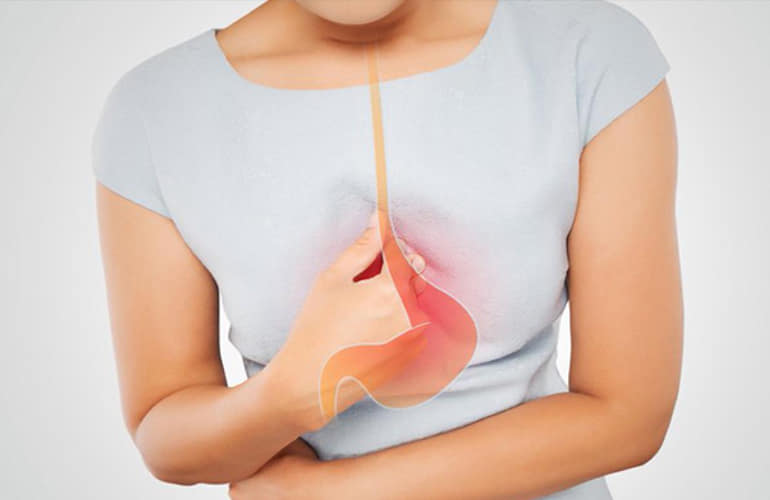
You suffer from Gastroesophageal Reflux Disease aka GERD if you’ve been experiencing heartburn or acid reflux for weeks. This happens when your lower oesophageal sphincter is weak enough to contain the stomach acid. The acid gets into your oesophagus and you feel as if your heart’s burning. Consult your doctor and improve your eating habits.
2- Gallstones:
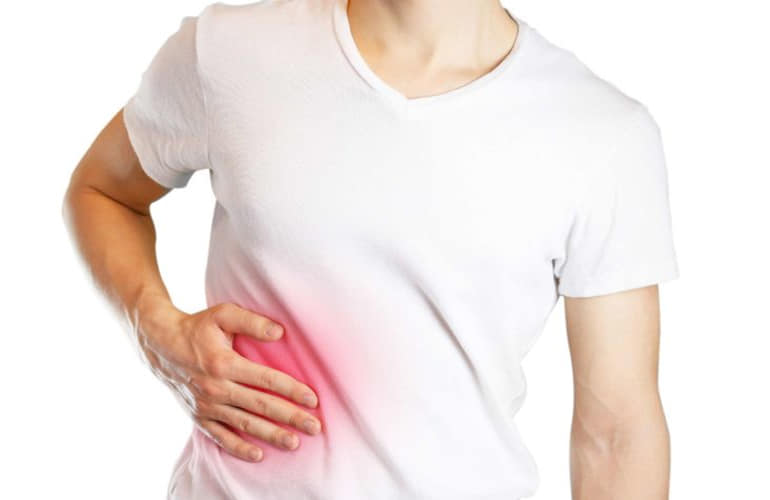
Your gallbladder aids in digestion of food by secreting bile. A lot of cholesterol in your bile can cause small hard deposits to form in your gallbladder. These stones block the passage between your gallbladder and intestines. This blockage causes immense pain in your upper right abdomen. Doctors describe stone dissolving medicines for Gallstones. If the problem persists, surgery is the resort.
3- Gastritis:
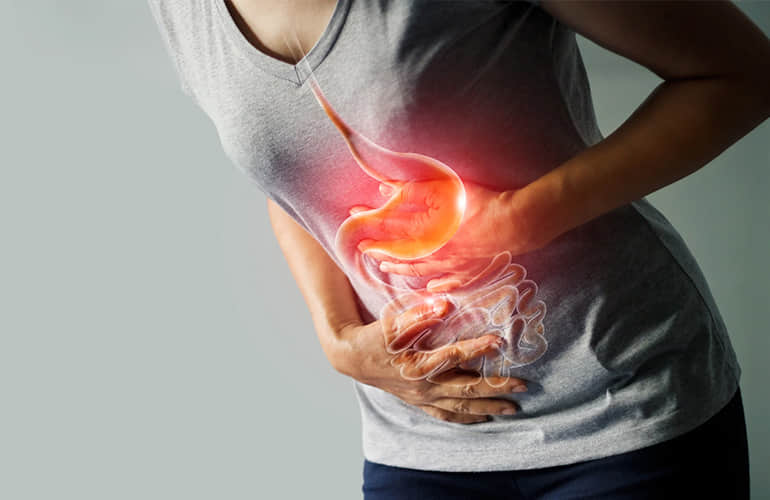
If you have stomach pain accompanied with nausea, you have Gastritis. It happens due to the swelling of the stomach lining. Gastritis is usually caused by medications like aspirins, ibuprofen and naproxen. Your doctor will give you Antacids or proton pump inhibitors to get rid of the problem.
4- Constipation:
This is one of the most common digestion problems and the most irritable too. Chronic constipation can lead to worse digestion problems like anal fissure or haemorrhoids, so it is crucial to treat it before it gets worse. Try milk of magnesia at first, if the trouble persists, go for laxatives. Visit your doctor if nothing helps. You can improve your bowel movements by eating food with a lot of fiber, working out regularly and keeping yourself hydrated.
5- Stomach Flu:
Also known as gastroenteritis, stomach flu instigates when your stomach and the upper portion of the small intestine get infected. This infection causes vomiting, diarrhoea, stomach pain and cramps. You might get well on your own, but the disease can dehydrate your body. Drink lots of water and electrolyte drinks to keep the hydration level at normal.
6- Crohn’s Disease:
This disease affects ileum, the final section of the small intestine. An autoimmune problem, Crohn’s disease affects your immune system by making it believe your body cells are actually invading cells. Your immune system starts attacking them, which causes abdominal pain, diarrhoea, rectal bleeding, weight loss, and fever. Topical pain relievers and immunosuppressant are given to treat the disease. Serious cases are referred for surgery.
7- Irritable Bowel Syndrome:
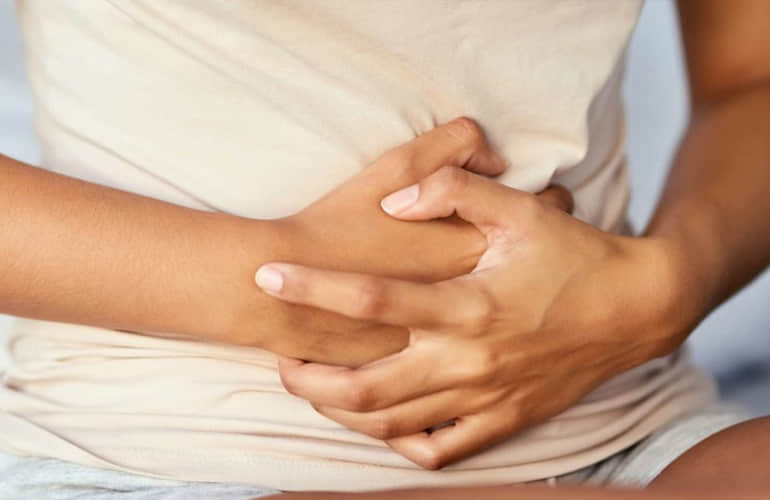
There is a reason why this digestion problem is called irritable bowel syndrome. Your bowels literally get confused. One day you have a hard and dry stool and the other day your bowel movements can be really loose and watery. Sometimes, it’s constipation and other times it’s diarrhoea. You also start feeling bloated. This disease can be treated adhering to a strict diet suggested by your doctor.
8- Anal Fissure:
This is probably the most painful of all digestion problems. Small oval-shaped tears form on the anus which cause pain and even bleed after or during bowel movements. These tears are developed either due to constipation or diarrhoea. The physicians give topical anaesthetics and sitz baths to help ease the pain. The problem can lead to the surgery of the anal sphincter muscle.
9- Diverticulosis:
Small pouches called diverticulitis protrude out of the wall of your large intestine. When they swell up, Diverticulosis happens. Regular bowel movements are necessary to keep the pouches from getting infected. A healthy diet and lots of water can help with that.
10- Celiac Disease:
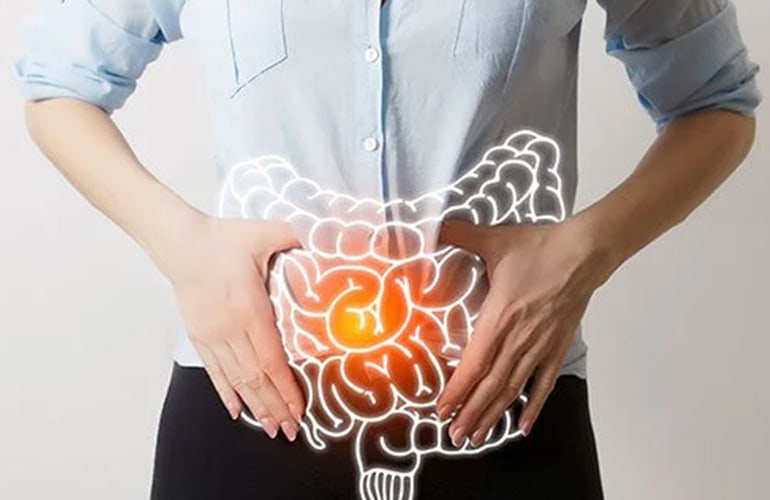
This is a gluten sensitive disease. If you consume diet with gluten, your immune system starts attacking the finger like protrusions in your small intestines, which are responsible for absorbing nutrients in your food. Abdominal pain, swelling, chronic diarrhoea, constipation, vomiting, weight loss, and pale, smelly or fatty stool are some of the symptoms. No cure has yet been discovered for this disease. Only a gluten-free diet can help.







